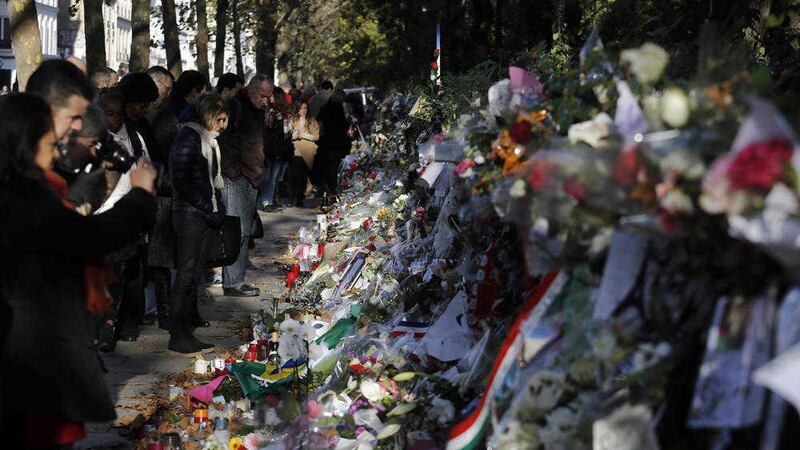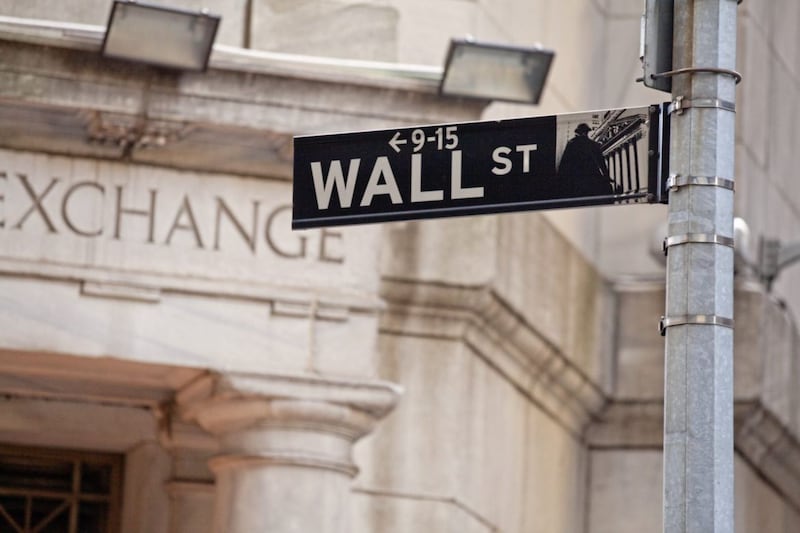THE calm response of equity markets to the recent atrocities in Paris illustrate a point that we have made several times over the last few years – capital markets are capable of being totally indifferent to human suffering, particularly if the economic cost is suspected to be minimal.
There is, of course, a debate to be had over whether this is a miscalculation on the part of investors. Many are arguing convincingly that this tragedy should not be seen in isolation, but as part of a pattern of increased terrorist risk in Europe, which should in turn impinge consumer and business confidence in the region at the very least.
Alongside this, even in the absence of further attacks, growing border controls will weigh on the costs of doing business – the reduction of such friction was, after all, precisely the motivation behind the creation of the Schengen area in the first place.
While it is entirely possible for private domestic consumption to be temporarily weighed down in the months ahead due to the Paris atrocities, our suspicion remains that the European economic recovery is sufficiently well entrenched to be able to withstand these extra frictions, but we shall, of course, be watching the data very carefully as always.
The US economy, and in particular the US consumer, remain central to our more sanguine take on the prospects for global economic growth over the coming months and quarters. Any signs of faltering would have important ramifications for our recommended asset allocation. Recently, we have seen increasing disquiet over certain indicators in the US economy. Ports activity has been soft in September and October along the Asia facing West Coast, as have freight volumes using intermodal, or multiple modes of transportation (rail, ship, and truck).
Department stores have complained of very soft recent footfall trends. Meanwhile, some analysts are suggesting that an industrial recession is already in motion, with material further downside ahead based on the fast approaching peak in non-residential equipment investment.
With regards to the latter point, this may in part be a matter of perspective. Viewed in proportionate scale and over the long term, there is a less obvious case for an imminent down-trend in equipment investment. If anything, we suspect that there is upside to broader non-residential investment after several years of fine, but reasonably subdued, trends.
As for the ports’ traffic, volume data is notoriously volatile and sudden plunges in inbound volumes are not uncommon even in expansionary periods. We would be wary of extrapolating too much from just two months worth of such data. The same may be true of freight volumes which, in the case of rail, may simply reflect reduced coal shipments, itself a victim of abundant cheap natural gas.
Even excluding coal shipments, much of the residual weakness stemmed from falling crushed stone, metal ore and metal product volumes – items that are hardly reflective of the aggregate US economy. In any case, if we look at another measure of freight volume – US intermodal traffic volumes, year-on-year growth is still positive for 2015 as of October.
So far, there is insufficient evidence to suggest to us that we need to change our views on the prospects for the US consumption, in spite of department store complaints.
Unseasonably warm weather may be affecting spending patterns a little, but the high street may just be continuing to lose out to online retailers who still seem to be doing just fine as at October as the millennial generation continue to grow in economic importance.
With the employment backdrop more or less healed, credit access continuing to ease and petrol prices still helpfully subdued, we see the US consumer, armed with a stronger dollar, helping to catalyse a stronger tone to world trade volumes in coming quarters. This should help paper over some of the economic cracks still visible in some other parts of the world.
:: Jonathan Dobbin is head of wealth and investment management NI at Barclays. He can be contacted on 028 9088 2925 or email jonathan.dobbin@ barclays.com







